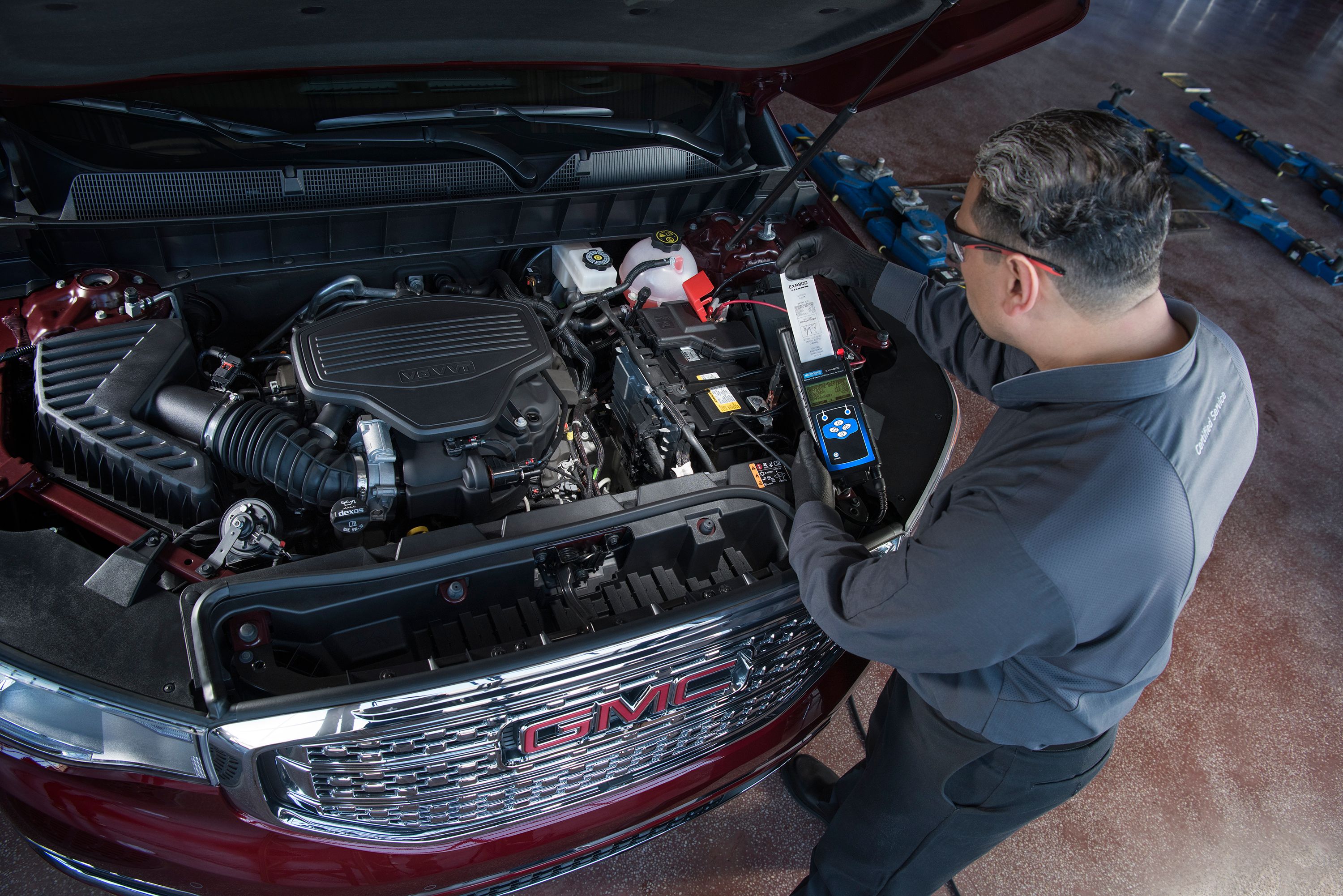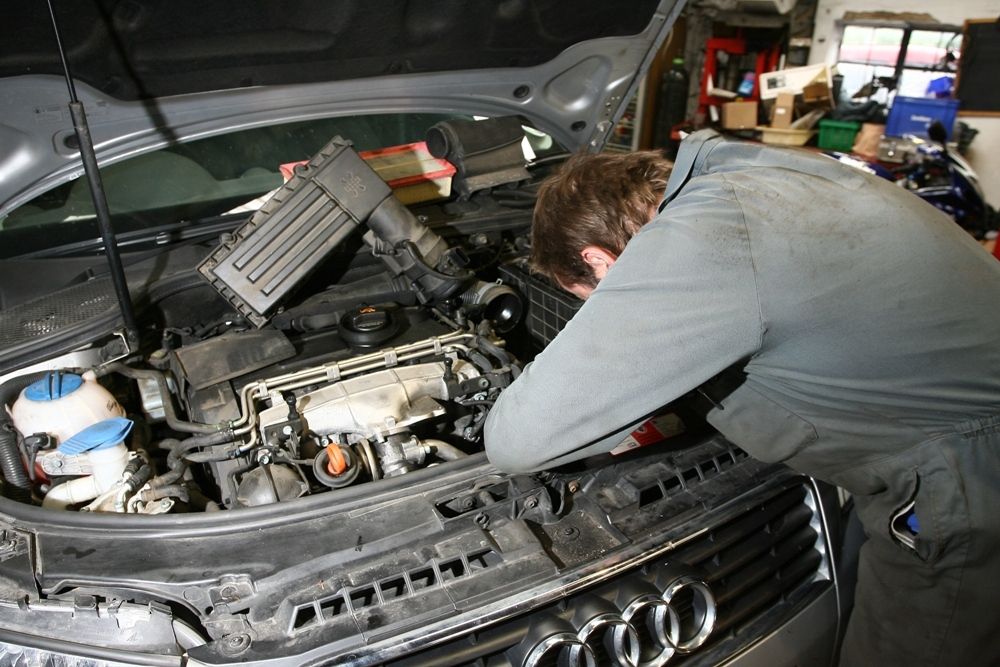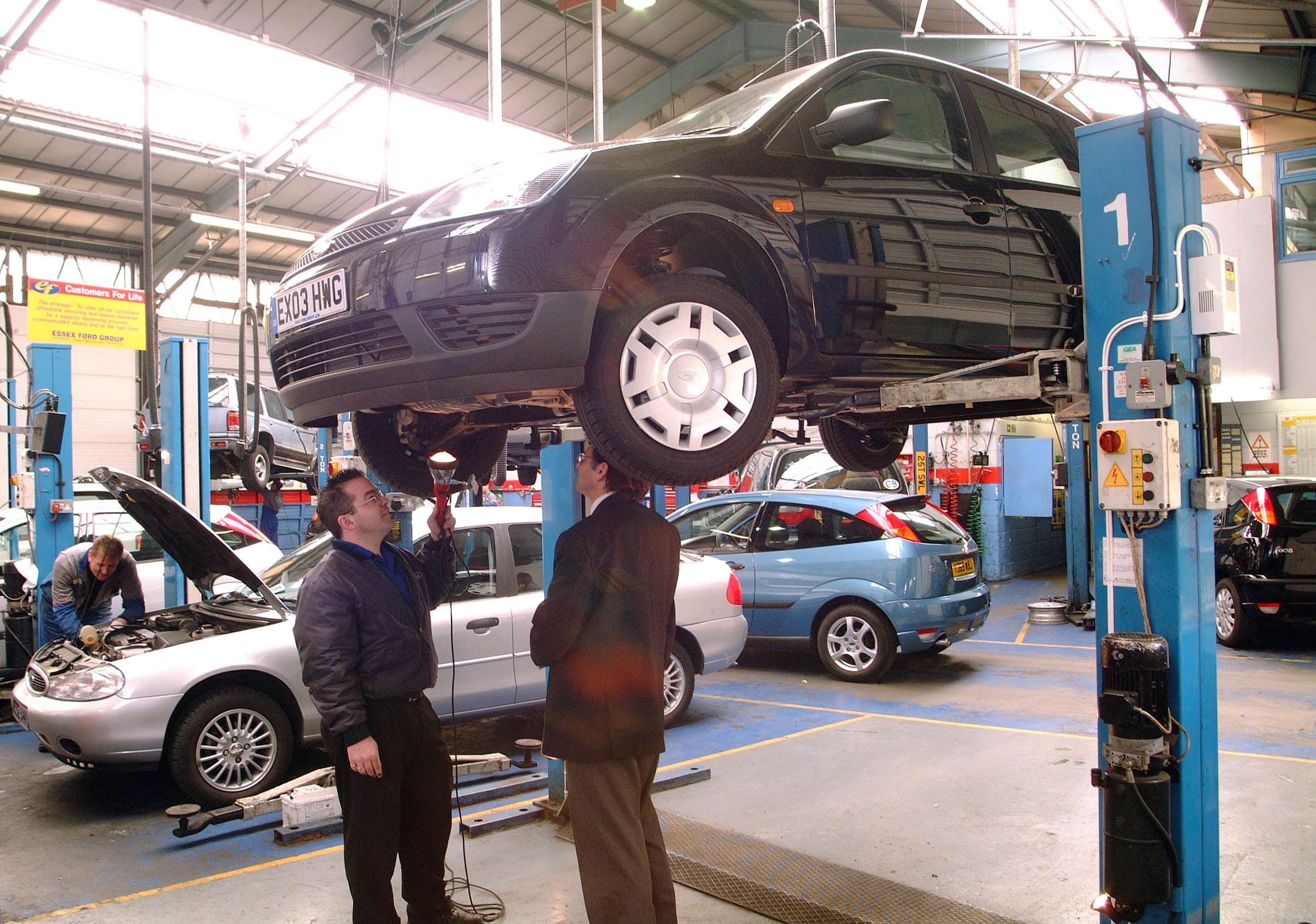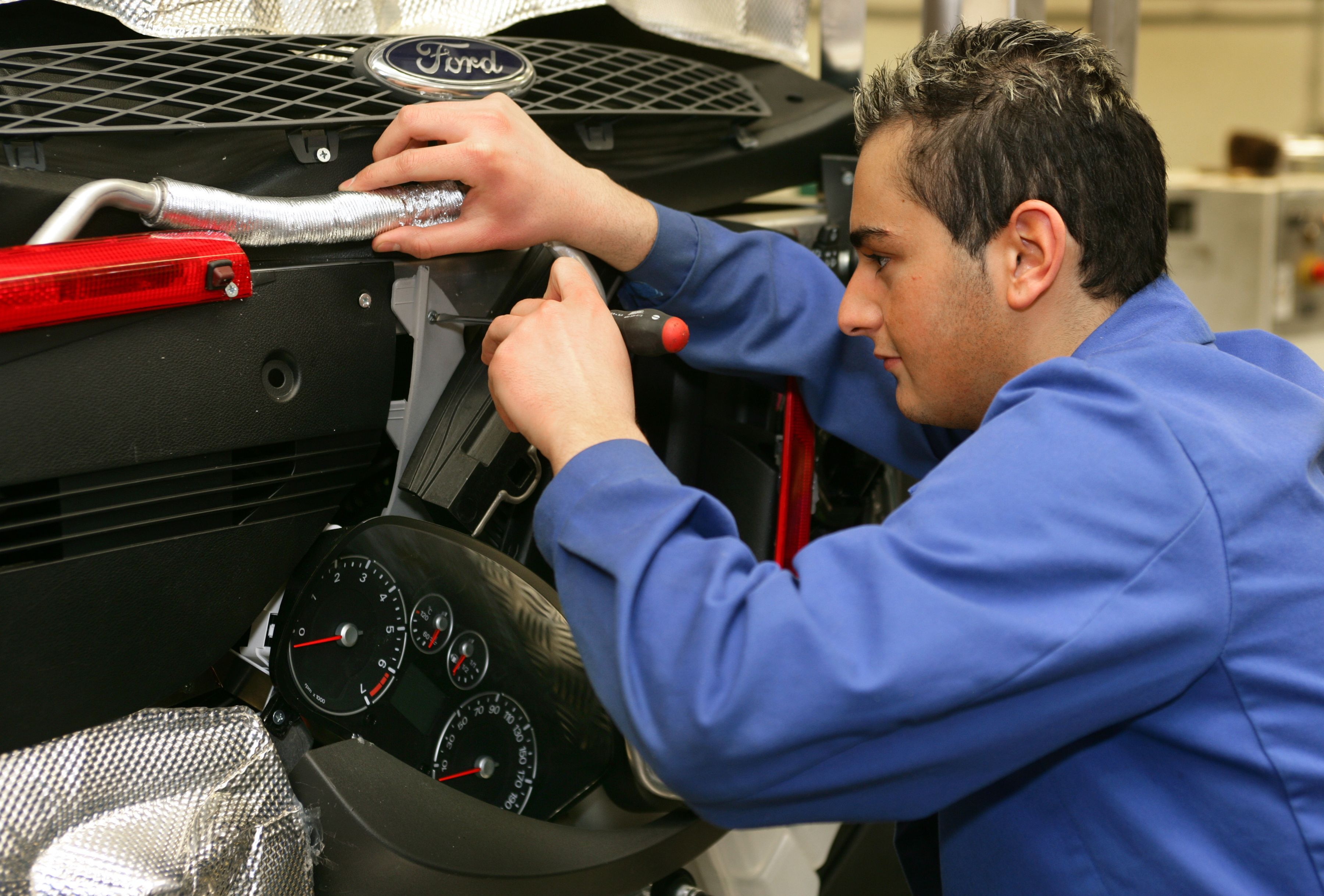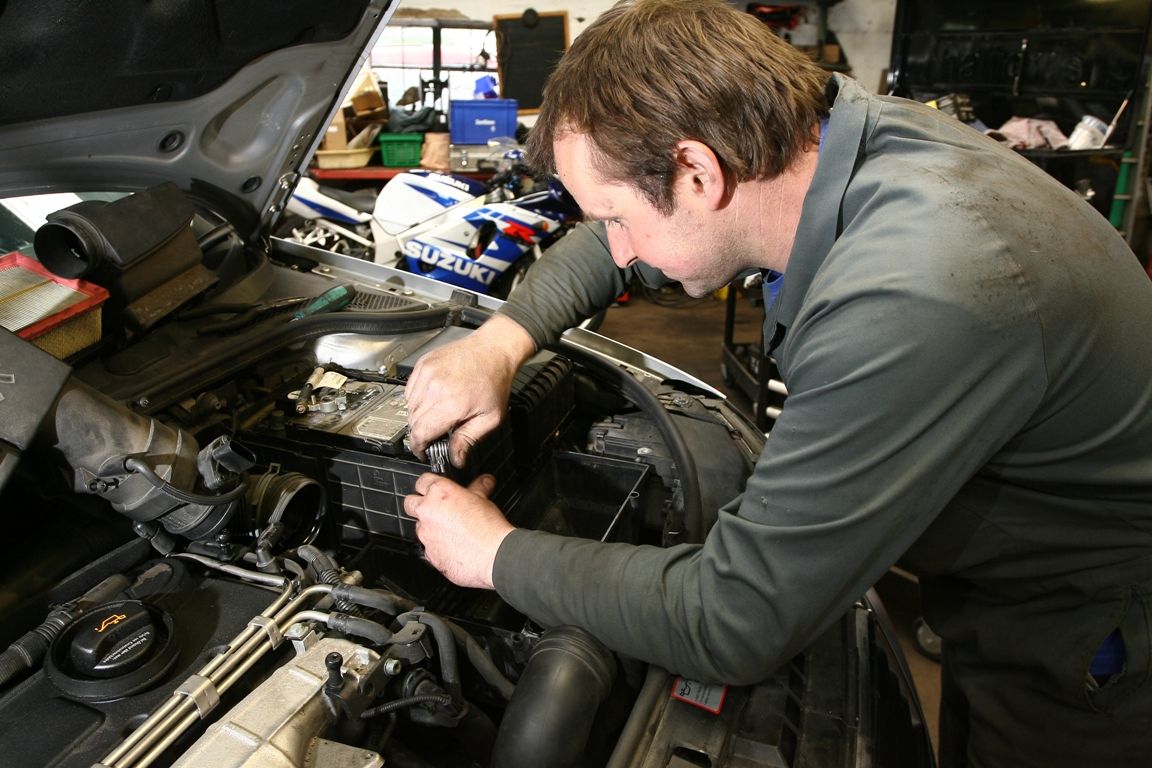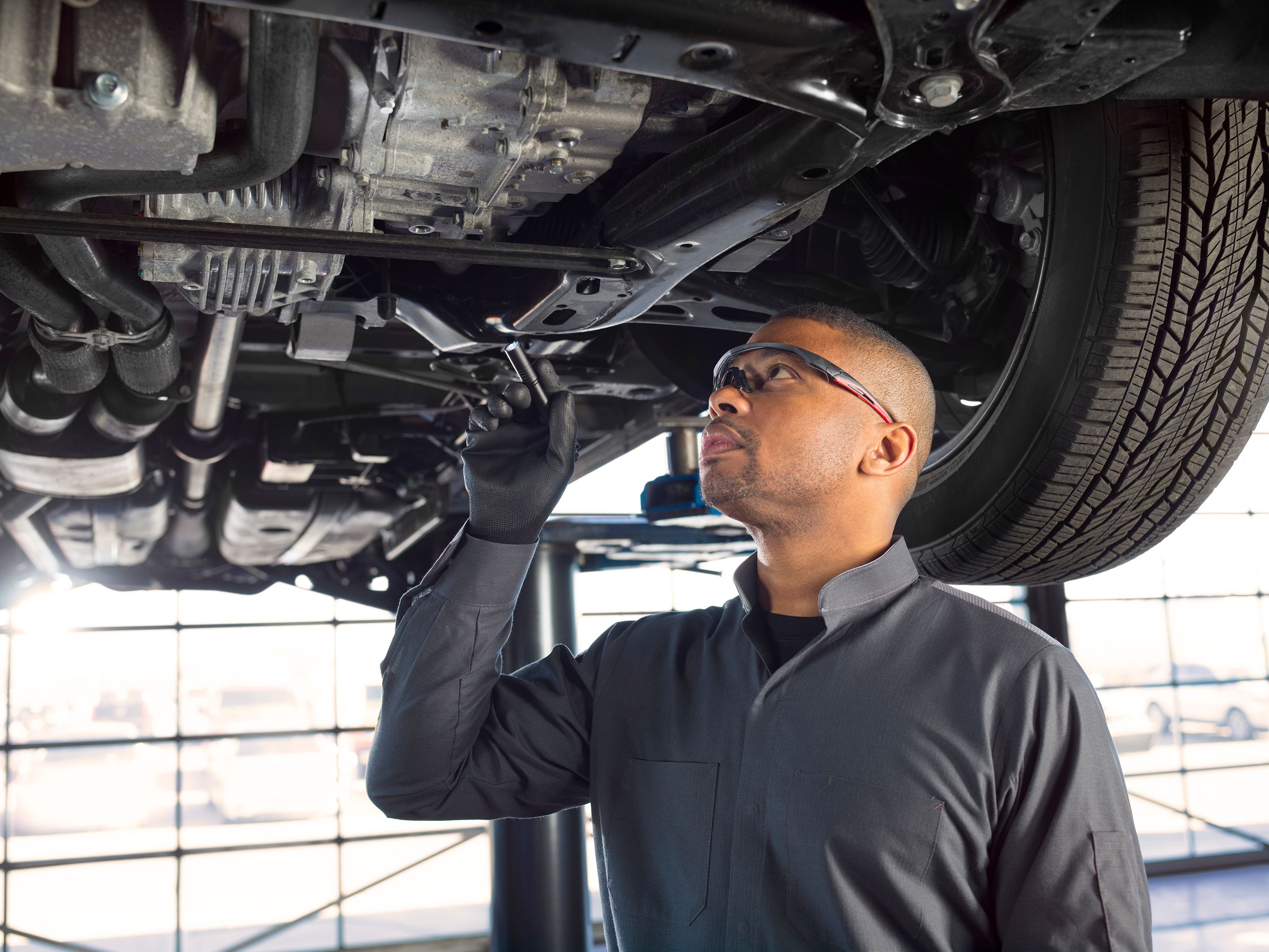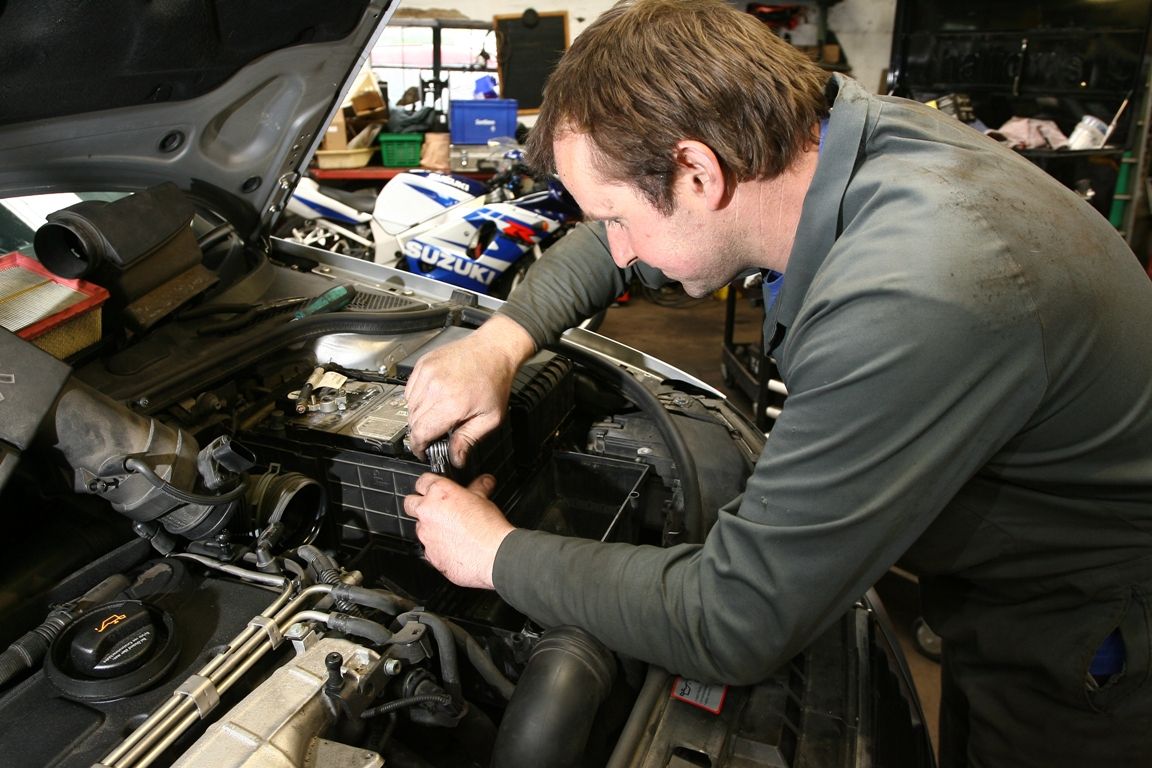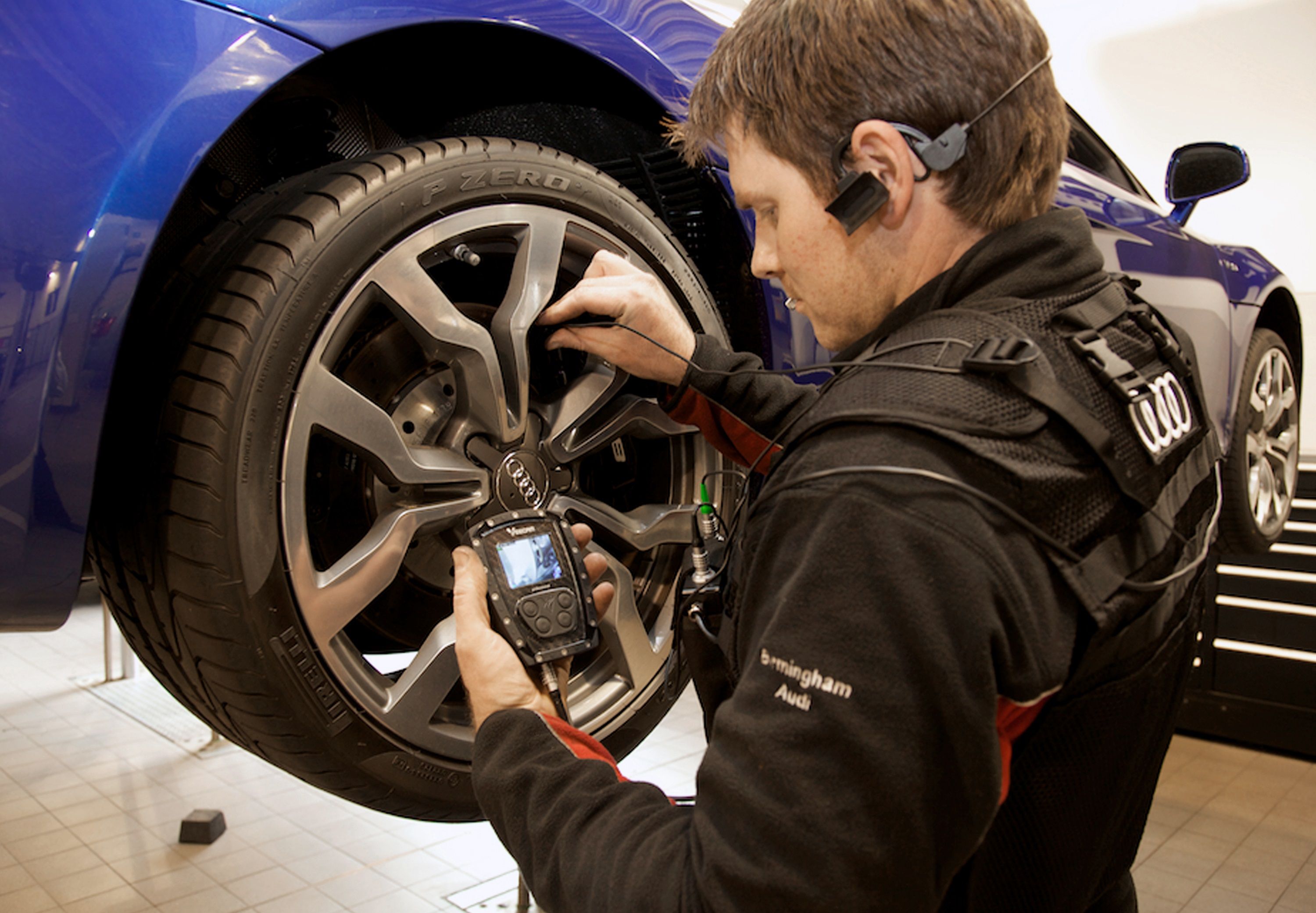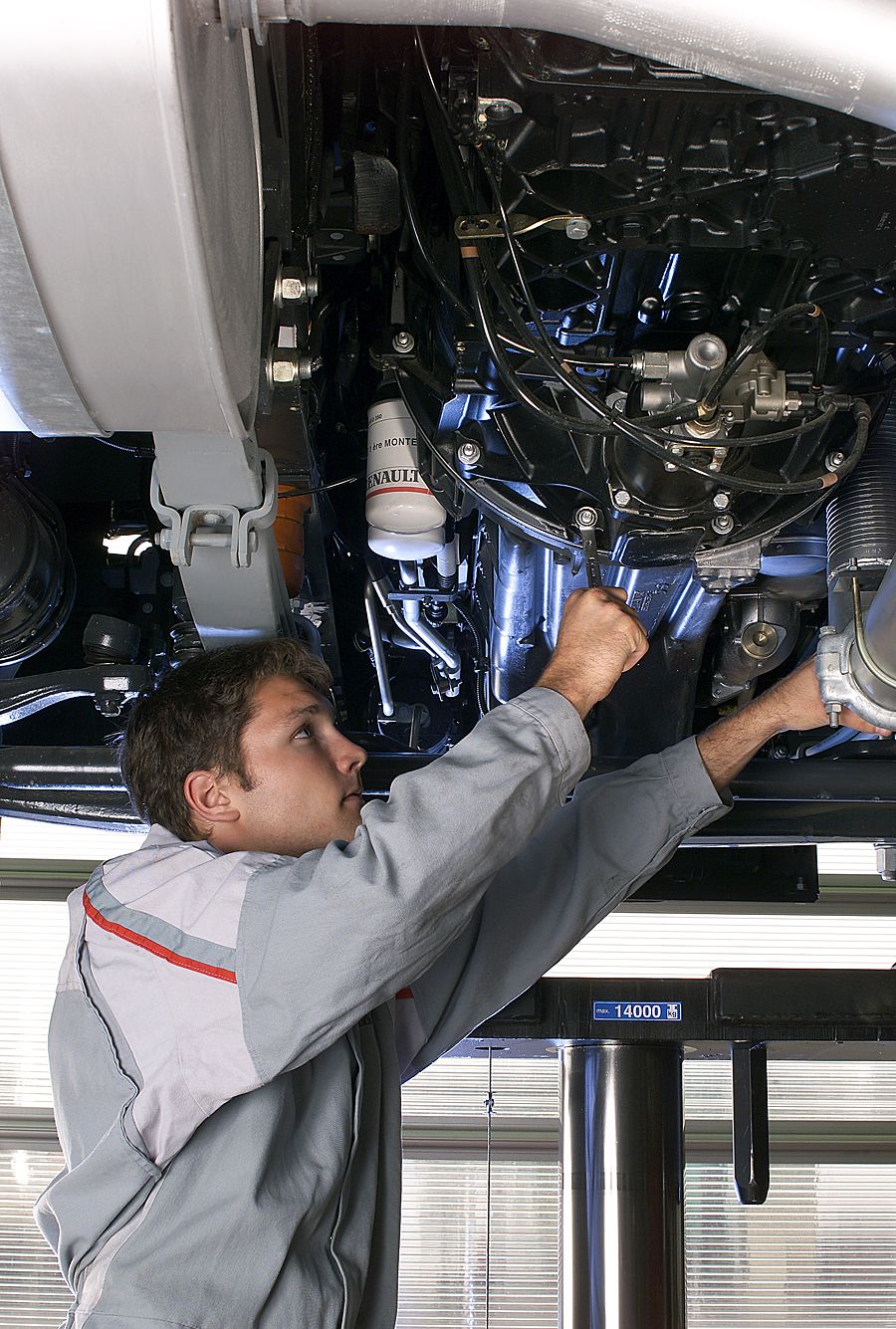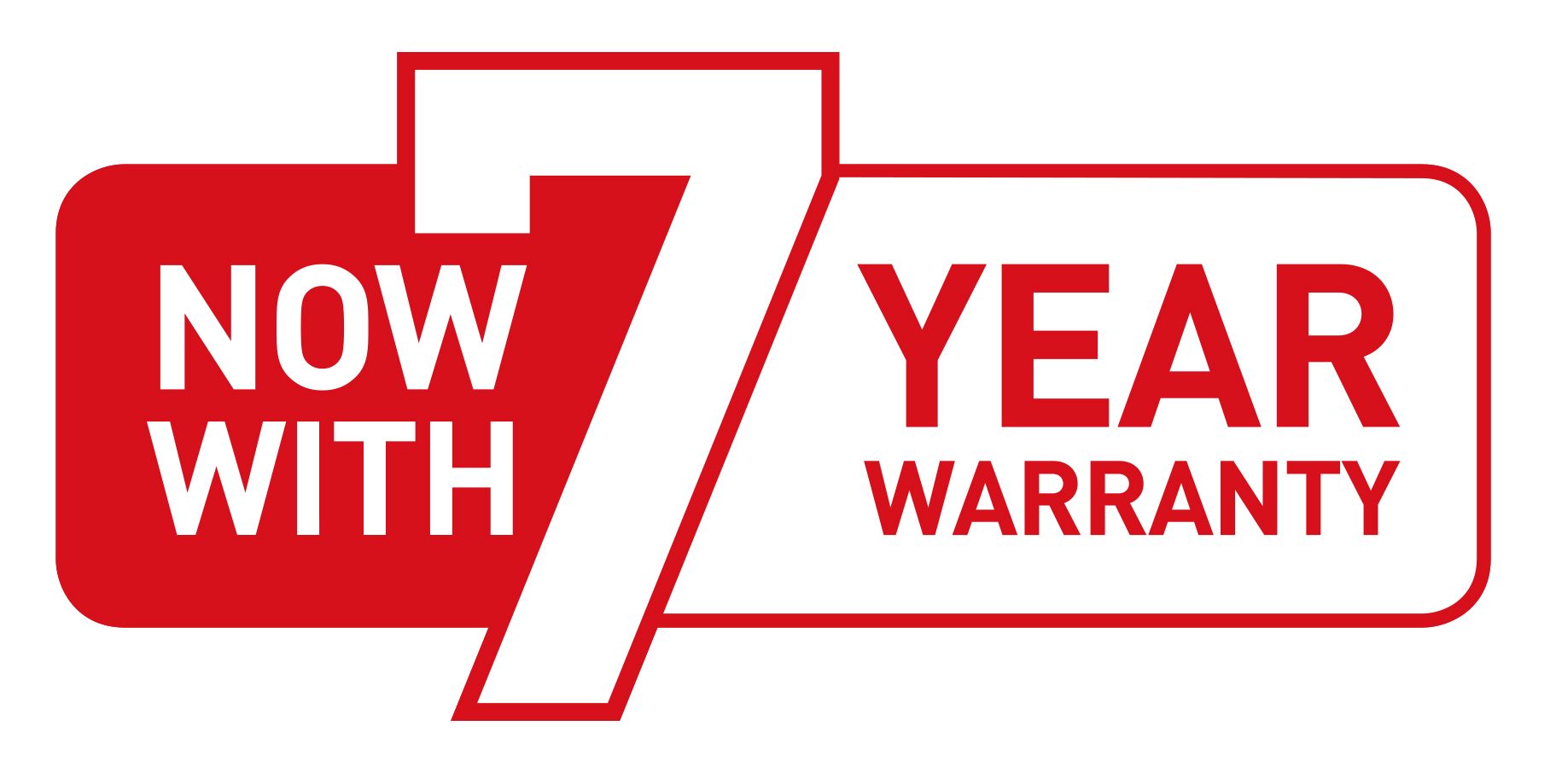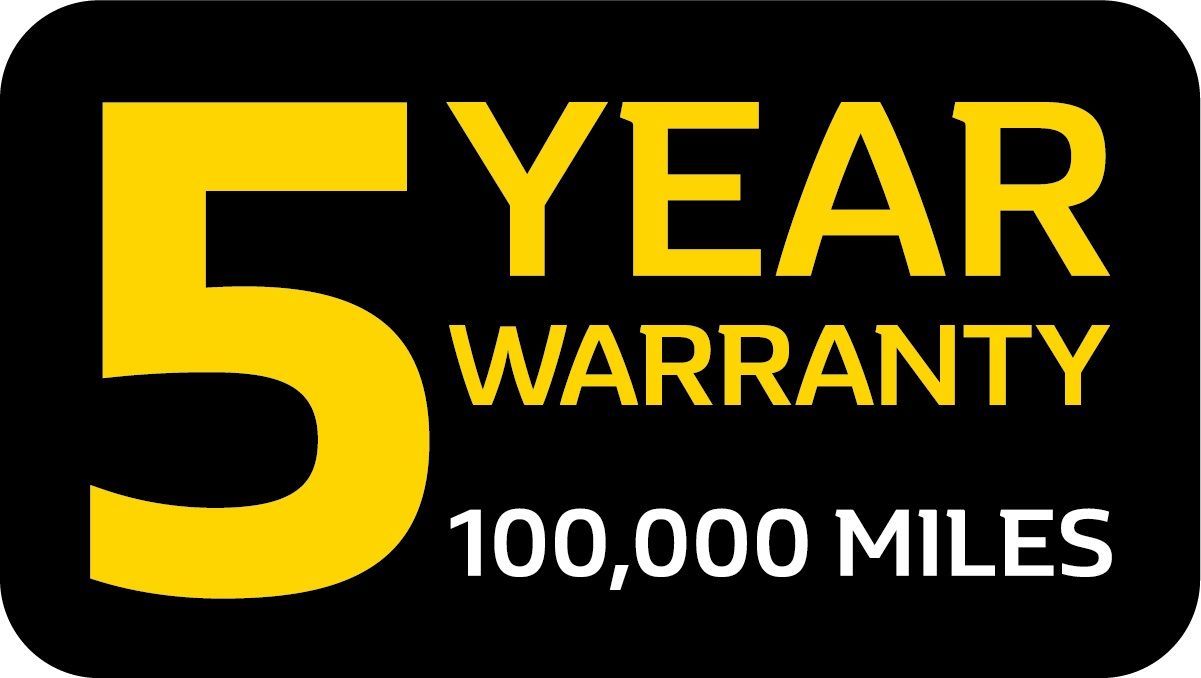Most car brands offer a Warranty on new vehicles but the duration and the components covered under a warranty can vary from brand to brand. So let's take a detailed look at how a manufacturer warranty works and if there are better options that can help improve your car ownership experience.
Types of Car Warranties?
Car warranties can be broadly classified into two categories. First are the extended warranty plans offered by manufacturers and then there are warranties offered by third-party providers.
Manufacturer and Factory Warranty
A factory Warranty by definition refers to a written assurance offered by the manufacturer on a new car that states that a car's parts will work as promised for a designated period. If not, it guarantees free-of-cost replacement or repair of key components that fall under the warranty for a limited amount of time. The duration of a manufacturer warranty can vary anywhere between one and five years depending on the make and model of the vehicle.
The components covered under a warranty may vary from manufacturer to manufacture but a factory warranty usually covers components like powertrain i.e engine and transmission, major electrical systems, and in some cases, factors like corrosion and emission coverage are also included.
Third-Party Warranty
Third-party warranty providers just like any other policy tend to make their plans more attractive, at least on paper, by offering added benefits such as the convenience of choosing your preferred repair shop, affordable plans with flexible payment options, the ability to opt-in even after the manufacturer's factory warranty runs and more which isn't something that a manufacturer cannot match by design. However, processing claims and tying up with your local repair shops might not be as seamless an experience like the one offered by a dealership. So consider a third-party warranty only after studying the claim process and speak to your nearest repair shop for the best possible results.
Check out our in-depth guide on the different types of car warranties to learn more about each kind.
What’s Not Covered in a Car Warranty?
The components covered under a Warranty program can vary greatly from one warranty provider to the next. Generally, when we talk about a vehicle's warranty, all of them mostly offer coverage for key components of the vehicle like the powertrain which is comprised of the engine and transmission and major electronic components.
A factory warranty offed on a new car by the manufacturer is usually the most comprehensive of all and covers a wide range of parts from defects caused by mechanical failures or problems due to poor workmanship, and the term is often 3 years/36,000 miles. However, most warranty plans will not cover the following:
- Routine maintenance: This includes oil changes, tire rotations or replacements, and filter changes.
- Brakes: Regular brake pad replacements to ensure safe operation.
- Damage: Includes everything from minor scratches to major damage caused by accidents etc.
- Tampering: Issues caused by vandalism or modifications
Find out whether or not an extended car warranty is worth it!
Cost of an Extended Warranty
There's no single answer to this question. Similar to life insurance, there are a number f factors such as age, risk, amount of cover, etc. that apply to an extended warranty program and as a result, the prices can range anywhere from a few hundred dollars to over a thousand per annum. Here are the factors that determine how much an extended warranty program costs:
- Age of the vehicle
- Mileage of the vehicle
- Buying from a dealership versus a third-party provider
- Vehicle year, make, and model
- Level of coverage
- Number of high-tech components in the vehicle
- Driving habits and routine vehicle maintenance
- Deductible set
Not sure if you need an extended warranty or not? Check out our in-depth guide on extended warranties to get on the right road.
What Does A Factory Warranty Cover?
As mentioned above, a manufacturer warranty is a fairly comprehensive assurance that covers a lot of key components. So let's take a look at the different kinds of warranties a manufacturer offers.
Inclusionary vs. Exclusionary Warranty:
In case of an inclusionary factory warranty, the contract will explicitly mention all the parts that are covered by the warranty program whereas in case of an exclusionary warranty, does not mention all the components but it is understood that it covers more components, but the criteria under which those parts are covered can vary from manufacturer to manufacturer.
Basic Limited Warranty:
A basic limited warranty which is also known as a bumper-to-bumper warranty covers all kinds of defects that a new car may project within the stated warranty period. These defects can include failure of components or issues with the workmanship from the factory/dealer's end. These warranties generally do not include consumables like tires, brakes, wipers, etc. Most plans also exclude issues related to surface rust which can be caused by neglect, misuse, or environmental factors, however, rust-related issues that affect the core structure of the vehicle should be attended to under warranty which is highly unlikely in new vehicles these days since they all undergo galvanization.
Many brands have also started offering roadside assistance as a part of the package. Generally tied to the powertrain warranty period or included separately, they are neatly integrated into the vehicle and can even be availed after the warranty period at a cost.
Powertrain Warranty:
One of the most basic coverages offered by a manufacturer is a powertrain warranty. By definition, a powertrain is a mechanism that transmits the drive from the engine of a vehicle to its axle and onto the wheels. A powertrain comprises of the following components:
- Engine Internals, i.e. pistons, valvetrain, camshafts, etc
- Engine Block
- Transmission
- Addition clutch packs or transferases in case of 4WD or performance cars
- Drive Axles
A warranty will specify all the components covered under the powertrain warranty. This kind of coverage is in most cases limited to defective parts or problems caused by poor workmanship which will be replaced or repaired free of cost but they may require you to pay deductibles. As mentioned before, damage caused by misuse or neglect will not be covered under the warranty.
Corrosion coverage:
Just like the powertrain warranty, most brands also offer protection against corrosion in their warranty program. This warranty takes care of any surface rust that might occur unexpectedly, ahead of time which should not be a common occurrence on most modern cars that undergo galvanization, a process specifically designed to keep surface rust at bay. This takes care of replacing the sheet metal that has rusted through at no additional cost but it might not cover minor rust spots caused by accidental abrasion of paint etc. Corrosion coverage varies between manufacturers.
Emissions warranty:
As per federal law, emission regulating parts have to be covered for a defect for at least 2 years or 24,000 miles, though some parts like the catalytic converter or emissions control unit are covered for 8 years or 100,000 miles. All manufacturers will follow the mandated timeline however, some offer even higher coverage.
How Long Is A Factory Warranty?
Most modern automakers offer basic warranty packages which are capped at 3 years and 36,000 miles. Most coverage periods have a specified number of years and miles but it is a common practice for certain established brands, especially luxury brands to extend it further. The most significant part of your warranty is the powertrain coverage. This part compensates for transmission and engine repairs that could save you a lot of money in the long run.
Another common misconception is when people refer to the basic limited warranty as to the factory warranty. If you hear someone say, “The factory warranty lasts for 5 years or 60,000 miles,” this is the warranty they are most likely talking about.
Another common misunderstanding is regarding the time/miles covered by a warranty. The factory warranty expires when you meet either of those limits even if the other is not met. For someone who doesn't drive much would result in their car having many miles left as per their warranty coverage but after the time limit is complete, the warranty will be over. Vice-versa is also true, so cars that cross the milage cap within a year or so are also not covered under the warranty.
Original equipment manufacturers (OEMs) can offer warranties on specific parts. That means a transmission part replaced toward the end of the powertrain warranty could be covered for another two years. Here's a list of manufacturers and the warranty packages offered by them as standard.
| Brand | Volkswagen | Hyundai | Cadillac | BMW | Ford | Toyota |
|---|---|---|---|---|---|---|
| Bumper-to-Bumper Coverage | 6 years/72,000 miles | 5 years/60,000 miles | 4 years/50,000 miles | 4 years/50,000 miles | 3 years/36,000 miles | 3 years/36,000 miles |
| Powertrain Coverage | 6 years/72,000 miles | 10 years/100,000 miles | 6 years/70,000 miles | 4 years/50,000 miles | 5 years/60,000 miles | 5 years/60,000 miles |
| Corrosion Coverage | 7 years/100,000 miles | 7 years/unlimited miles | 6 years/unlimited miles | 12 years/unlimited miles | 5 years/unlimited miles | 5 years/unlimited miles |
| Roadside Assistance | 3 years/36,000 miles | 5 years/unlimited miles | 6 years/70,000 miles | 4 years/unlimited miles | 5 years/60,000 miles | 2 years/unlimited miles |
Learn all you need to know about vehicle service contracts!
How Do You Know If Your Car Is Still Under Warranty?
Finding out if you still have factory warranty coverage is relatively easy, all you need is your vehicle identification number (VIN). Most automakers allow you to search for your car’s warranty information on a website. One should always verify the warranty and other vehicles related details by checking the VIN on the company's website before purchasing a new or used vehicle. You can also call a dealership of your car’s make. Ask them to look up your warranty coverage through your VIN in their database and provide you with warranty-related details.
Numerous vehicle brands offer Certified Pre-Owned vehicles (CPO) choices. These are vehicles that have been assessed and restored to near-factory condition by the manufacturer. For example, Hyundai’s CPO program lets a secondary buyer enjoy the full terms of both bumper-to-bumper and powertrain coverage. So, a two-year-old CPO Hyundai would have three years left on the bumper-to-bumper warranty and eight years left on the powertrain warranty. However, if the Hyundai is not CPO but just used, the next owner will only get 5 years or 60,000 miles on the powertrain warranty from the start date.
Use this guide to determine whether or not your car is still under warranty!
What Is An Extended Warranty?
An extended warranty is a service contract between a customer and a warranty provider that covers a range of repairs after the manufacturer's warranty is over. The coverage of an extended warranty program usually begins after the expiry of the manufacturer's factory warranty program. A typical Extended Warranty program covers repair and replacement costs of electrical and mechanical components, which in some cases include problem areas not covered by the manufacturer. A warranty program can last anywhere from one to eight years and most manufacturers offer in-house extended warranty programs while you purchase your vehicle. Both third-party and manufacturer warranty programs start from as low as $1000 and pre-repair deductibles reach as high as $100.
Extended Warranty programs do not cover damages caused during an accident. These are strictly designated for components that break down due to normal use which are not expected to fail normally. These plans do not cover nonmechanical components which are prone to wear and tear. Some of those components are:
- Tires
- Bumpers
- Brakes
- Wipers
- External trim
- Suspension bushes
- Shock Absorber
Some of the benefits of an extended warranty program are as follow:
- Saves you money in the long run especially when you are dealing with premium or less reliable car brands with an expensive after-sales network.
- Most plans incorporate added benefits like roadside assistance which can prove to be highly beneficial and a lot less expensive in case of a breakdown.
- It is a proven way to improve a car's resale value as used car buyers prefer vehicles that are under warranty.
Read our full guide on extended car warranties to learn even more about them!
Do You Need An Extended Warranty?
Warranty coverage can come in handy if you don't want to spend money later or choose to purchase a vehicle that costs higher than usual to run and maintain. In cases of affordable and reliable cars, the warranties might not be as useful especially if you walk around with enough savings to cover occasional repair bills. Before buying an extended warranty make sure you evaluate providers based on cost, coverage, and convenience. Also, don't forget to compare policies and negotiate to get the best possible deal.
What Are The Top Extended Car Warranty Providers?
When it comes to third-party warranty providers, we strongly recommend getting in touch with them to try and get the best deal since most of them will offer you a discount over the quoted price if you ask for one. Olive and Endurance are some of the best third-party warranty providers that offer the option of transferring ownership. Here's a brief review of these providers:
Uproar:
Uproar is based out of Seattle, Washington, but it’s not like any other extended car warranty company out there. Uproar bills itself as an innovator, which makes a lot of sense considering it’s the first extended warranty company to offer a 100-percent digital, subscription-based experience. The main highlights of uproar include an instant quote and signup online, same-day coverage, no long-term commitments, transparency, and no aggressive salespeople or robocalls. They are BBB accredited and have five-star ratings from both Google and Consumer Affairs.
Olive:
With one of the highest satisfaction rates in the industry, a result of their extremely reasonable pricing structure, Olive is yet another provider that has built up quite a fan following. And the cheaper prices mean you can set aside those saving and use them towards routine maintenance.
- For cars up to 10 years old/ 140k miles
- 100% online extended warranty solution with customizable plans
- File claims online 24/7
- Affordable monthly payments
- Call for a quote & get a free $5 gift card
Forever Car
This brand is a well-reputed one and offers a plethora of options. There Platinum Plus warranty plan covers repair costs for both mechanical breakdowns and wear-and-tear items such as windshield wipers, fuses, light bulbs, and brake pads.
- 4 distinct warranty plans spanning a wide price range
- Cut repair costs with full protection for your vehicle
- Inspection required before a claim can be filed
- Deductibles range from $0 to $500
Endurance:
Endurance is one of the biggest names in the third-part warranty space and offers a plethora of plans to cater to a wide range of customer needs. The Endurance Advantage™ plan covers mechanical breakdowns and maintenance through three levels: Preferred, Plus, and Prime. These plans cover all basic maintenance parameters like oil changes, engine checks, and brake pad replacements, along with additional services like roadside assistance, towing, and rental car reimbursement. Some of the other benefits include:
- Coverage for cars up to 20 years old
- Basic powertrain warranty options are available
- Inspection required before a claim can be filed
- Extra perks with all-inclusive membership
- Join & save $300 on a protection plan
CARCHEX
They offer coverage for cars with up to 250,000 miles which makes them a great choice for people who plan to purchase a warranty for their heavily used vehicles. They offer a wide range of policies some of which offer industry-leading claim filing processes. With an A+ rating from the Better Business Bureau, CARCHEX should be on your list when shopping for an extended warranty.
- Covers cars with up to 250k miles
- First-rate full-coverage protection for new and used vehicles
- The claim filing process depends on the policy
- No-haggle, low-price guarantee
- A+ rating from the Better Business Bureau
